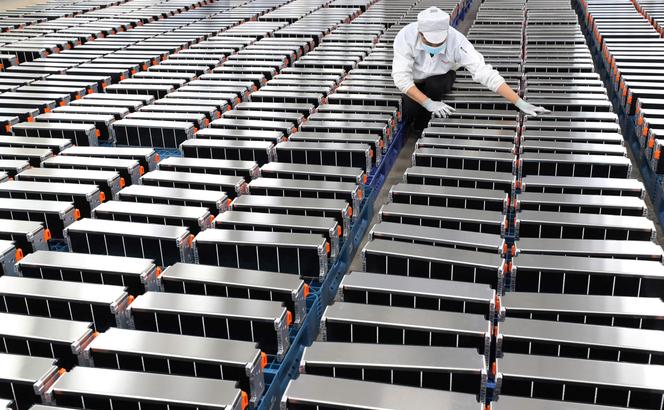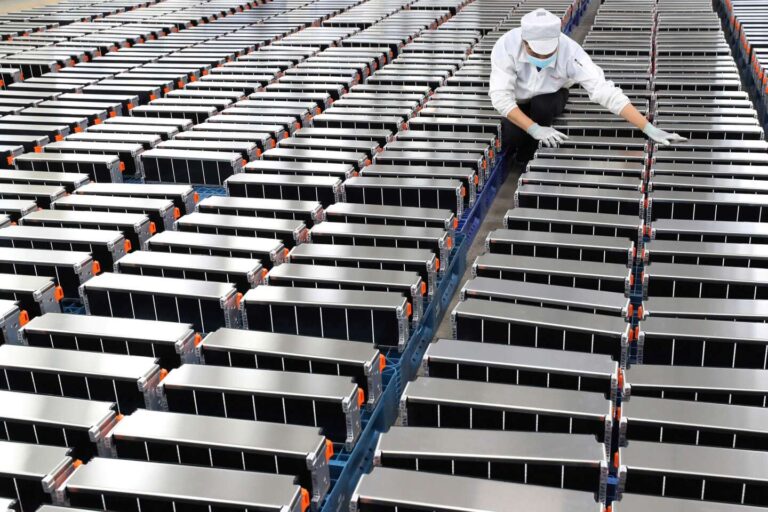
The White House announced on Tuesday, May 14, that the United States will increase tariffs on $18 billion worth of Chinese imports, targeting strategic sectors such as electric vehicles, batteries, steel, and critical minerals. The decision comes as President Joe Biden gears up. The November election marks a rerun of the 2020 race against Republican rival Donald Trump, and officials criticized Trump’s record on trade in making the announcement.
According to the White House, tariffs on electric vehicles will quadruple this year to 100%, while semiconductor tariffs are expected to rise from 25% to 50% by next year. The measure is aimed at encouraging China to “eliminate unfair trade practices regarding technology transfer, intellectual property and innovation,” the statement added.
This follows a review of tariffs imposed during the US-China trade war, when then-President Donald Trump introduced taxes on about $300 billion worth of goods from China. So-called Section 301 investigations are the main tool used by the Trump administration to justify tariffs, and require the Office of the U.S. Trade Representative to investigate the impact of tariffs after four years. Tuesday’s action was also taken under Section 301 of the Trade Act.
In addition to EVs and semiconductors, the Washington government is also roughly tripling tariffs on some steel and aluminum products, as well as lithium-ion EV batteries and battery components. Tariffs on natural graphite and other important minerals will rise from 0% to 25%, and tariffs on solar cells will also double from 25% to 50%.
In response to a question about reports about the new measures, China’s Ministry of Foreign Affairs said it “opposes unilateral tariff increases that violate WTO rules.” Chinese spokesperson Wang Wenbin said on Tuesday that China would “take all necessary measures to protect legitimate rights and interests.”
excess capacity
The latest measures affect both products already subject to President Trump’s tariffs, along with additional products. National Economic Advisor Lael Brainard said the levy would ensure that the investment in jobs spurred by Mr. Biden’s policies is not undermined by “cheap exports from China.”
The Biden administration is pumping huge sums of money into areas such as semiconductor manufacturing and research, alongside efforts to promote green investment. But Brainard accused the Chinese government of promoting growth “at the expense of others.” “As a result of unfair practices, China’s solar manufacturing capacity is expected to more than double near-term global demand forecasts,” he said.
Brainard also criticized the Trump administration for “failing to follow through” on investments and ensuring that China abided by the deal that marked a truce in the trade war. The so-called Phase 1 agreement “failed to deliver on its promises to increase U.S. exports to China, create manufacturing jobs here in the United States, and end China’s unfair practices,” she said.
If the U.S. government takes steps deemed to stifle Chinese companies, such as imposing further trade restrictions on semiconductor companies, Beijing is likely to retaliate forcefully.

